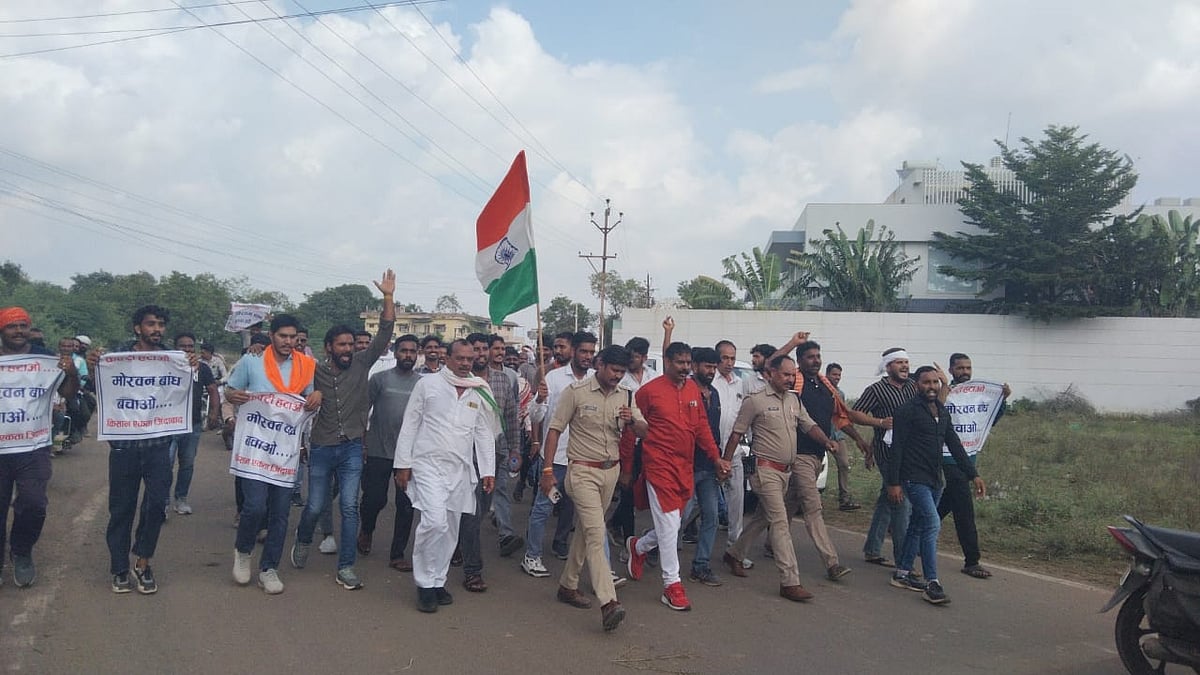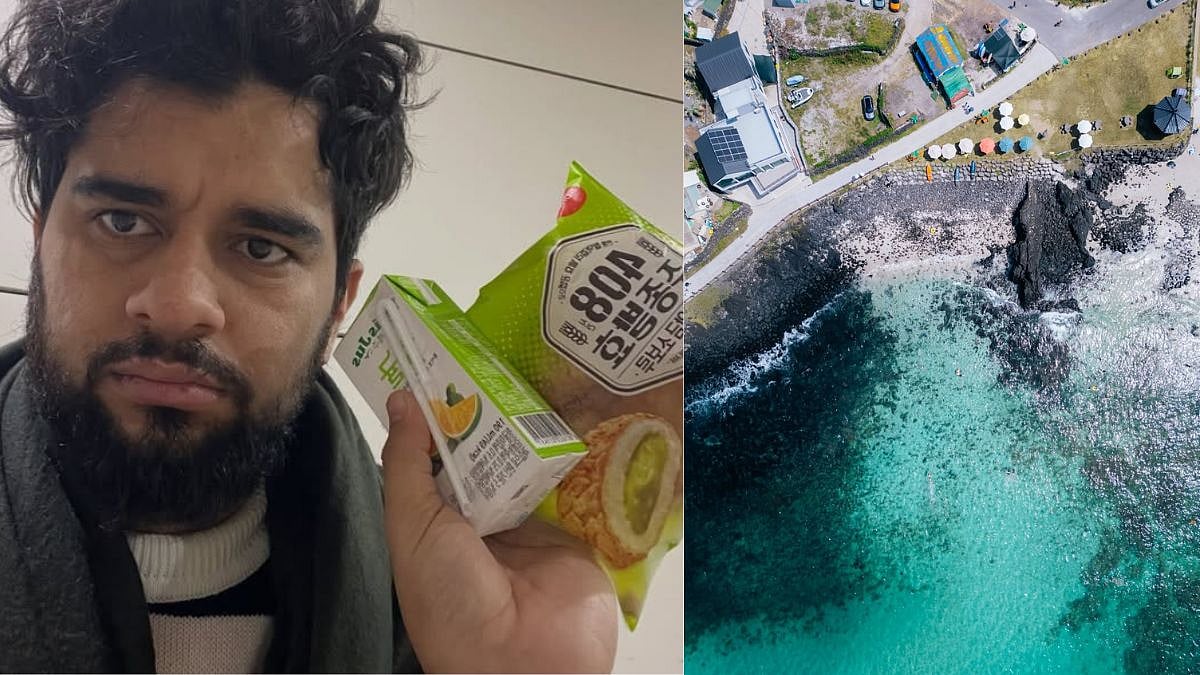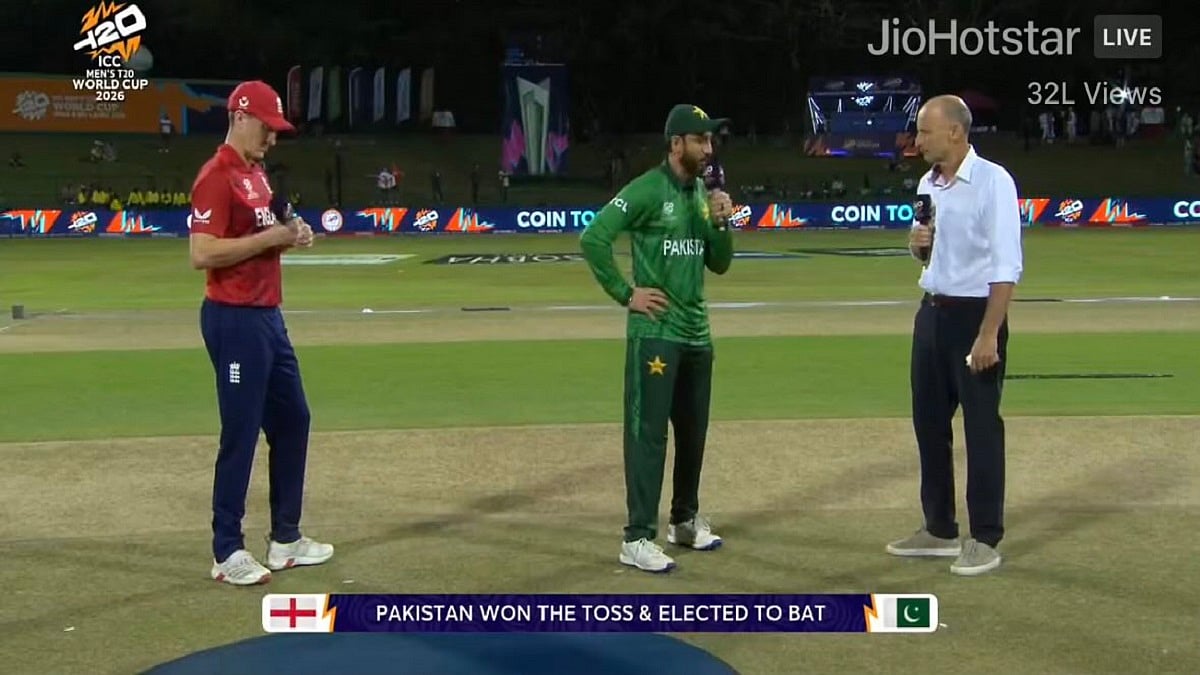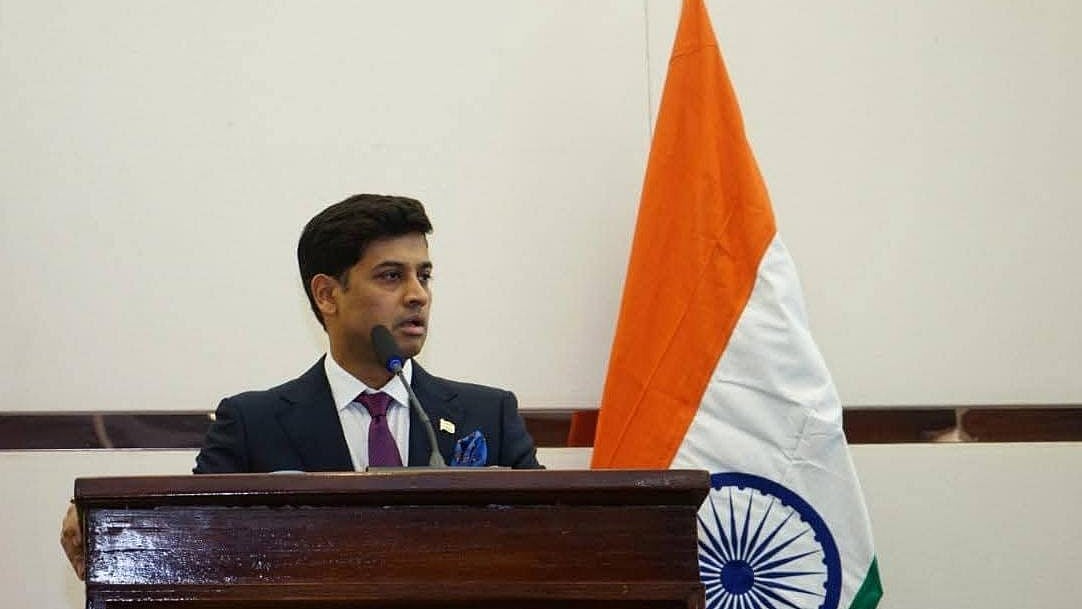Indore (Madhya Pradesh): Shah Bano Begum’s daughter has filed a petition before Indore bench of Madhya Pradesh High Court on Monday, challenging the release of the upcoming film ‘Haq’, starring Yami Gautam Dhar and Emraan Hashmi. She contended that the filmmakers did not obtain permission to use her mother’s identity.
The movie, set to release on November 7, is reportedly inspired by the landmark 1985 Supreme Court verdict in Ahmad Khan vs Shah Bano Begum, which held that Section 125 of the CrPC applied to Muslim women and entitled Shah Bano to maintenance even after divorce.
Appearing for the petitioner, Siddiqua Begum Khan, advocate Tousif Warsi argued before Justice Pranay Verma: "Entire movie is reflective of personal life of late Shah Bano Begum...Even otherwise, before depiction, the written consent was not obtained from the biological daughters of Shah Bano Begum...Legal notice was issued to respondent...personal life moments are included that should be disclosed. CBFC should not have issued certificate".

He further stated that the producers have maintained the film is based on the judgment and available literature, not on Shah Bano’s personal life. Warsi claimed that the teaser is “very derogatory” and that the trailer’s depictions do not portray the real life of Shah Bano Begum.
He added, "What curtailed them (producers) from obtaining written consent before even using Shah Bano's name? They are portraying personal life...Trailer and teaser are not real events, petitioner is claiming".
The counsel also said that while the identity shown is real, the portrayal is fictional and concerns the petitioner’s mother. "Relates to mother of the petitioner, it is not on the judgment. We are not saying anything on judgment it has attained finality," he said. In response, the court noted that the filmmakers have asserted the film is based on the judgment, not Shah Bano’s personal story.
Warsi reiterated that the producers should have sought permission before depicting events from the petitioner’s mother’s life, including her struggles. The court then asked whether there existed any ruling mandating such consent, to which Warsi cited a precedent.
Meanwhile, counsel for the Central Board of Film Certification (CBFC) argued that the film had been certified on the basis that it is fictional. "Something which is fictitious in nature no permission is required. Teaser does not say it is a biopic. Teaser says movie is inspired by judgment of apex court...," the CBFC counsel said, adding that the cited judgment makes clear that no consent is needed if the material forms part of public record.
Counsel representing the producers, Junglee Movies, informed the court that the film carries a disclaimer and is based on the book ‘Bharat Ki Beti’ and the Supreme Court verdict. Since the disclaimer was not part of the record, the court remarked orally, "I'll keep it tomorrow bring it on record the disclaimer".
The matter will be heard again on Tuesday.




